SEA-NL says bottom-trawling must be banned from all three adjacent cod stocks (not just two)
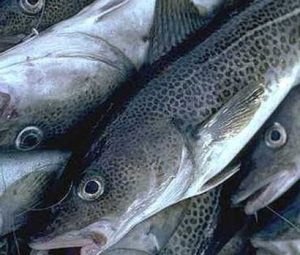 Seaward Enterprises Association of Newfoundland and Labrador (SEA-NL) has recommended that Fisheries and Oceans expand its ban on bottom-trawling to include all three cod stocks off the province’s shores.
Seaward Enterprises Association of Newfoundland and Labrador (SEA-NL) has recommended that Fisheries and Oceans expand its ban on bottom-trawling to include all three cod stocks off the province’s shores.
“Fisheries and Oceans can not scientifically justify banning bottom-trawling for cod in two adjacent stocks when all three are in the critical zone,” says Ryan Cleary, SEA-NL’s interim Executive Director.
DFO allows for bottom-trawling of the cod stock off southern Newfoundland in fishing zone 3Ps.
However, bottom-trawling is banned in the northern cod fishery off eastern Newfoundland and Labrador (fishing zones 2J,3KL), and for cod in the Gulf of St. Lawrence (fishing zones 4R/3Pn). All three cod stocks have been designated by DFO science as in the critical zone, meaning fishing must be kept to a minimum.
Cleary made the recommendation for a complete ban on bottom-trawling for all three adjacent cod stocks during a meeting Wednesday of a DFO advisory group assigned to recommend this year’s cod quota for the 3Ps stock.
“The 3Ps cod stock is no less susceptible to the impacts of bottom-trawling than northern cod or Gulf cod,” said Cleary, who took part in the virtual meeting as an observer, and was only permitted to make a statement at the end.
For 2022, the advisory group unanimously recommended rolling over the 2021 cod quota of 1,345 tonnes. A final decision will be made by federal Fisheries and Oceans Minister Joyce Murray later this winter/spring.
The FFAW-Unifor recommended the entire Canadian cod allocation be made available to the inshore fleet only, which was immediately opposed by the offshore dragger sector. Draggers use huge bottom-trawls to rake in their quota.
Cleary also called out DFO for not holding meetings with inshore harvesters on a 3Ps cod rebuilding plan, given that the FFAW, which the department looks to for the harvester perspective, also represents workers on the offshore draggers, and at plants where the cod is processed.
Concerns were raised late last year by the Professional Institute of the Public Service, representing scientists who work for the federal government, that DFO decisions specific to the 3Ps cod stock had undermined scientific “independence, excellence and integrity.
The union was critical of lobbying efforts by the FFAW and Atlantic Groundfish Council, representing the offshore sector, towards then federal Fisheries minister Bernadette Jordan.
SEA-NL called for an independent investigation to restore DFO’s credibility and criticized DFO’s decision not to include the impact of seals on the rebuilding plan for the 3Ps stock as “scientifically negligent, or at the very least scientifically disingenuous.”

































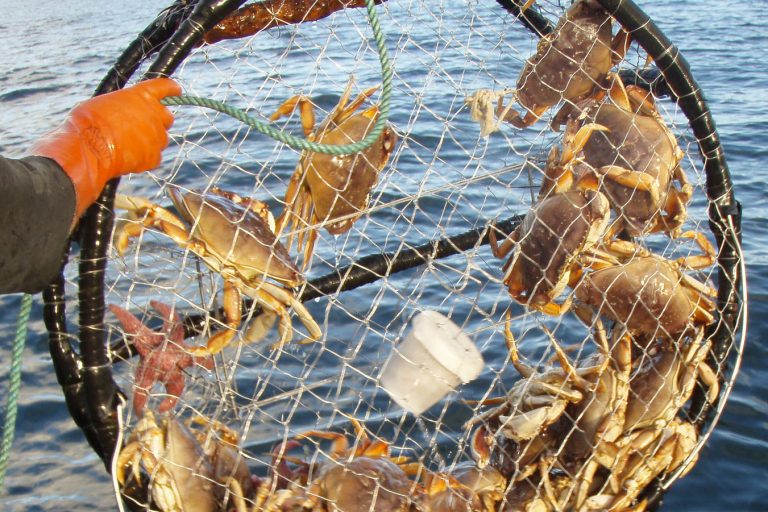
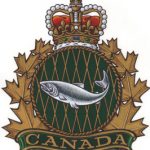
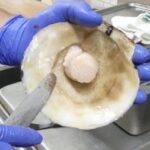
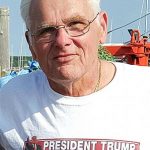
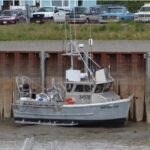
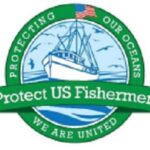
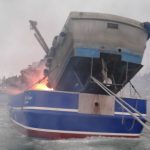

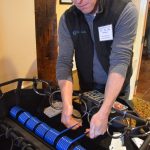

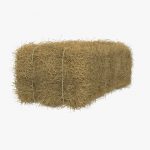
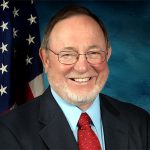
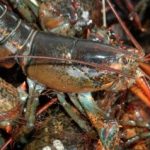

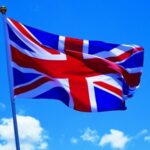



Leave a Reply